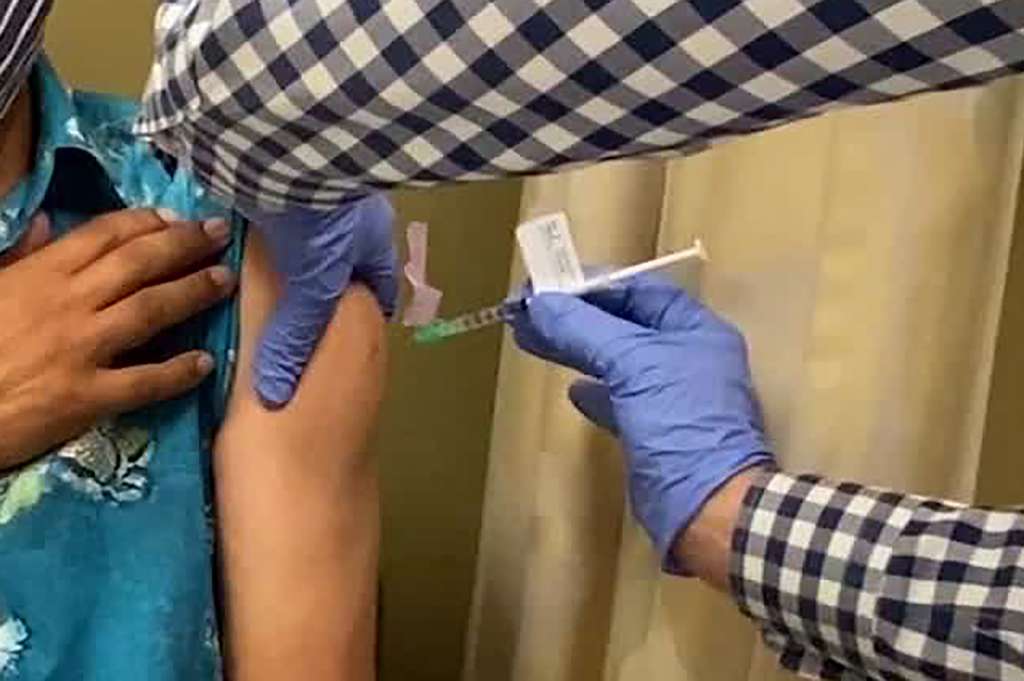With pharmaceutical companies racing to find a COVID-19 vaccine and the world closely watching their progress, scientific experts stressed Thursday that the clinical trial process must play out in full before a safe immunization can reach the public.
News about the latest vaccine and treatment developments is “front and center every day,” said messagingLAB founder and CEO Karl Schmieder.
“The effort we’re going through right now has never been seen before,” Schmieder said as he kicked off a virtual panel to discuss COVID-19 immunization trials. “We have had pandemics, but we’ve never lived in a world that’s as connected as we are, and the science and the clinical trials and the efforts that are being made — it’s kind of like we’re building an airplane as we’re flying.”
Schmieder pointed to Cambridge-based Moderna sharing a lengthy outline of its COVID-19 vaccine trial and the safety steps it is undertaking and to the decision by Oxford University and AstraZeneca to restart their trial after suspending it due to a possible side effect.
Asked about the message that pausing or halting a trial sends, panelist Audrey Chang said onlookers should not be overly concerned. Delays show, she said, that “it’s biology.”
“This is why we do clinical trials, this is why we do these types of studies in a very controlled fashion: to try to get an understanding,” Chang, the head of process solutions services research and development at MilliporeSigma, said. “We are learning about the immunology effects of these vaccines as we move along. It’s very important to do this in the correct way, in the right way, and really be data-driven and scientifically driven.”
As work continues, the industry needs to focus on “knowledge-sharing” to help bring the public up to speed and avoid misunderstandings, Chang said. She also touted the importance of following up clinical trials with post-market studies to remain sure that the eventual vaccine is working as intended once more data becomes available.
Speakers touted some research developments that have boosted the effort to find a vaccine, such as next-generation sequencing and advances in manufacturing that improve safety.
Looking beyond the immediate COVID-19 crisis, speakers said governments and institutions around the world should learn from this emergency that preparation and investment in public health infrastructure is vital.
Drug and vaccine discovery expert Jared Silverman likened pandemic preparedness to insurance.
Silverman, who works as a discovery leader for the Bill and Melinda Gates Foundation’s Medical Research Institute, said funding is a key incentive to ensure companies have the kind of monitoring and infrastructure in place to respond quickly to public health threats.
“There has to be a recognition that doing all of this costs a lot of money, and it’s like buying insurance: your goal is to spend that money and never actually need the expense,” Silverman said. “The number one incentive is somebody is going to have to make the finances available so this type of at-risk work can be done, and we can all pat ourselves on the back if, 10 years from now, we’ve spent $100 billion or $500 billion in pandemic preparedness and never had to use a penny of it.”
“That’s still cheaper than trying to respond to a pandemic of this sort on the fly,” he added.
(Copyright (c) 2024 State House News Service.

